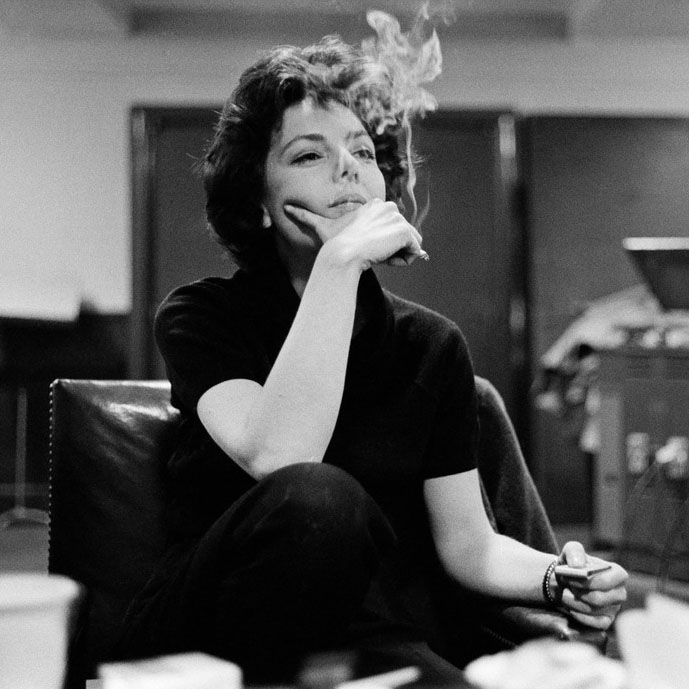There’s a joke Elaine May likes to tell about the last feature film she ever directed: “If all of the people who hate Ishtar had seen it, I would be a rich woman today.” It’s true. Ridicule for the 1987 flop wildly outnumbered its ticket sales—and lasted, improbably, for decades.
Though Ishtar’s reputation has steadily turned over the past decade—recognized now more as a cult fan favorite than the “worst movie ever made”—its association with the concept of “director jail” has been harder to shake. With May already carrying the stigma of being a difficult (and lawsuit-prone) director from her first three films (A New Leaf, The Heartbreak Kid, and Mikey and Nicky), the disaster of her fourth was a career death blow.

